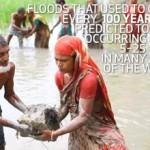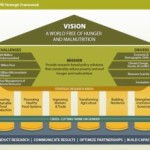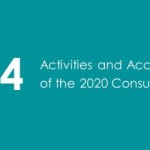Prior to the 2020 conference, IFPRI commissioned an independent impact assessment report in order to determine the impact of the Conference on individual participants, professional discourse, organizational participants, and IFPRI itself. Robert Paarlberg, B. F. Johnson professor of political science at Wellesley College, carried out the assessment, conducting pre- and post-conference surveys and interviews, and using web indicators and searches. The final report has now been released.
Prof. Paarlberg reported that the conference generated a wide variety of short-term impacts, some larger than others, felt both at the level of individual conference participants and within the organizations that sent them to Addis, and last but not least within the organizing institutions. Most of these impacts took the form of accelerated learning and increased coordination and partnering across organizations, at both the program and project level. Surveys and interviews confirmed that many of these impacts will be durable rather than just temporary. The individuals and organizations that gained most from the conference were those that came to Addis not as passive listeners but with an active program or networking agenda of their own.
The report provides a comprehensive assessment of the impact of the IFPRI 2020 Conference and how the resilience landscape is changing since then, as well as lessons on how organizations can measure the impact of their events and build in monitoring and evaluation into program and event design.
Visit the IFPRI website to read the full report and the brief.





